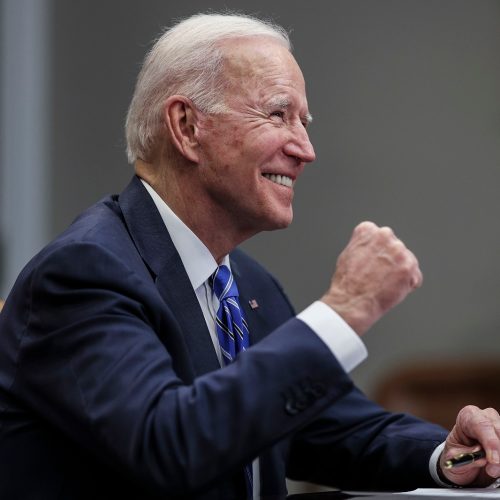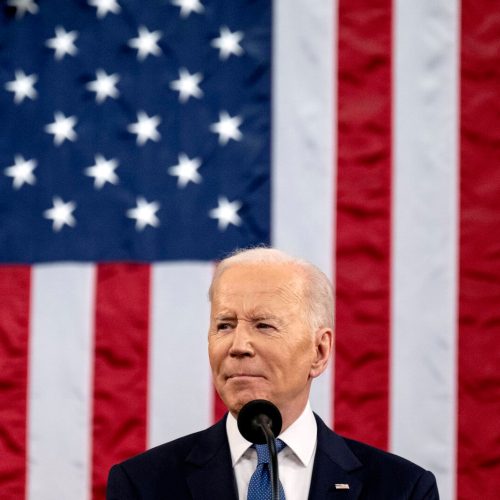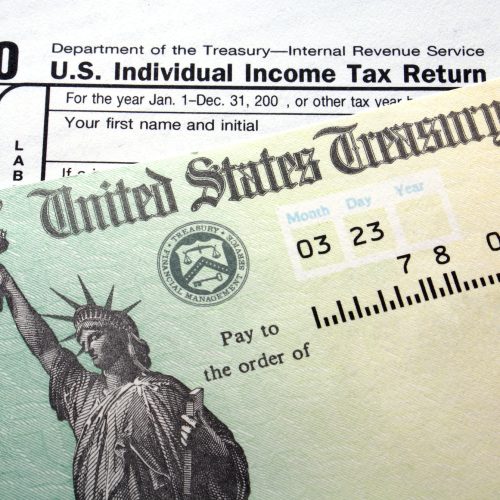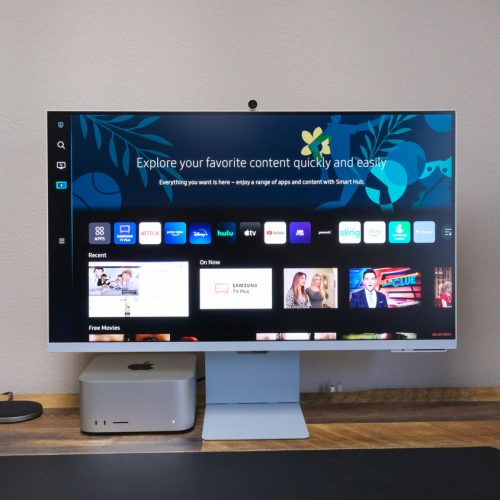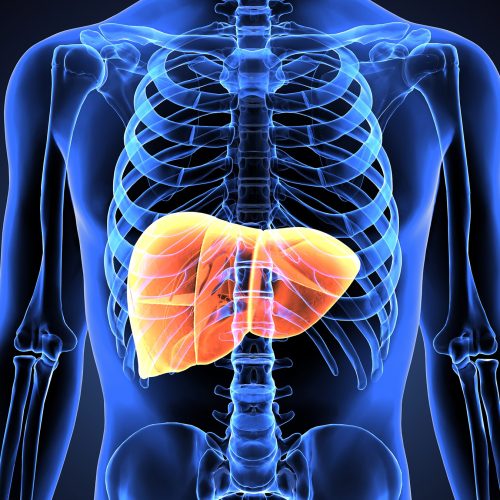In the pre-pandemic days, the idea of the government — whether at the federal, state, or local level — offering someone a basic income guarantee, in the form of checks over an extended period of time, was not a mainstream sort of policy idea. Today, though, state and local governments around the US have undertaken a slew of these basic income experiments, offering what amounts to free money to broad swaths of their populations.
These payments are distinct from last year’s stimulus checks, specifically the six monthly child tax credit checks that were really just advance payments of half a tax credit. Programs, like a new effort just unveiled in Washington DC in recent days, aim to do much more than that. Essentially, the experiments boil down to this: Give a certain number of people a regular stream of money. And take note of how it improves their lives, and in what ways.
Strong Families, Strong Future DC

The DC program — under the rubric of “Strong Families, Strong Future DC” — will provide $900 every month to 132 new and expectant mothers in the city. Specifically, to mothers in three targeted city wards.
The nonprofit organization Martha’s Table is implementing the $1.5 million direct cash transfer pilot program on behalf of the city. “Having a newborn is a big life change, and we also know how critical those first months and years are to a baby’s life,” Mayor Bowser said, in announcing the initiative. “This program is about supporting new and expectant moms with cash so that they can have the autonomy and flexibility to make the best choices for them and their baby.
“The Strong Families, Strong Future DC pilot builds on the work we’ve done to address disparities in maternal health outcomes, make high-quality child care more affordable and accessible, and ensure women are at the heart of our equitable economic recovery strategy.”
$900/month in free money
As part of this program, Martha’s Table will use “qualitative and quantitative methods” to track the pilot and its participants. To evaluate how direct cash assistance impacts the mothers as well as their children’s physical, mental, and health outcomes.
According to data from LendingTree, the cost of raising a newborn child amounts to almost $29,000. That includes money spent on housing, food, clothing, and more. Additionally, parents can expect to spend at least $300/month on products like diapers, wipes, and infant formula alone.
This all comes, meanwhile, as cities and states around the US including Los Angeles, as well as Columbia, South Carolina, have tried similar efforts. Local officials in Rochester, New York, recently approved the payment of $500 monthly checks to 175 low-income families there. Those payments will go out over 12 months (and thus add up to $6,000 in total).
The following year? Another group of 175 Rochester families gets the $500 payments.
The city of Newark, New Jersey, also recently expanded a basic income program there to 400 residents. Each of the participants is getting a total of $12,000 in free money over two years. The participants are low-income and have to prove a hardship of some kind stemming from the Covid pandemic.

